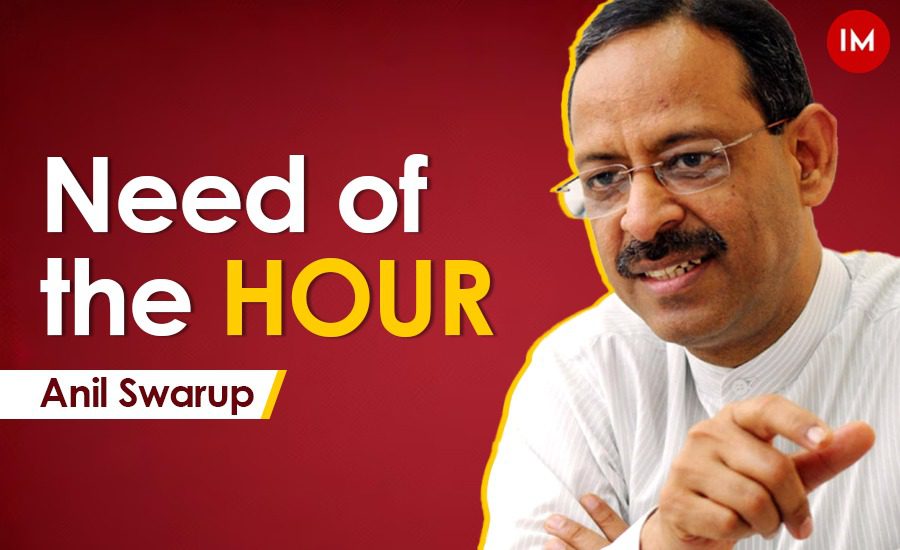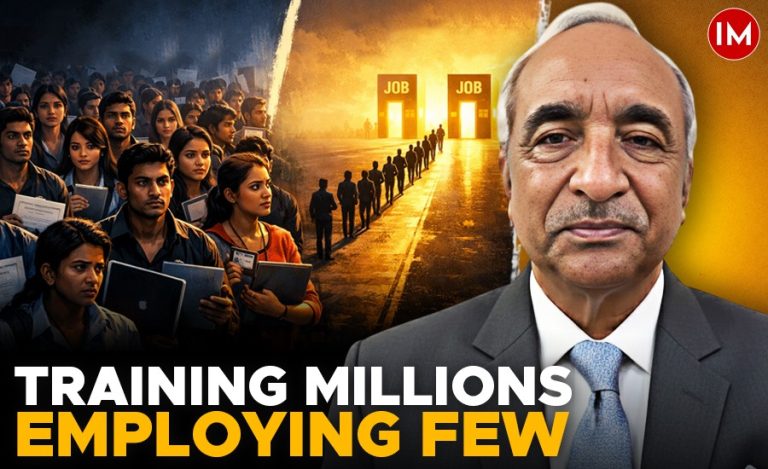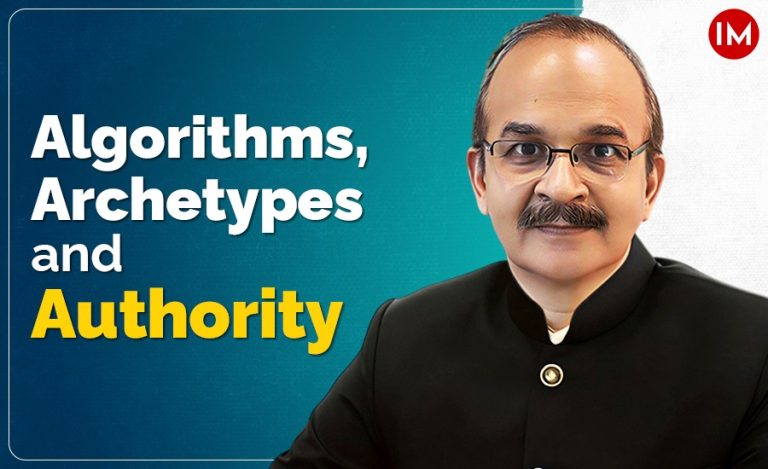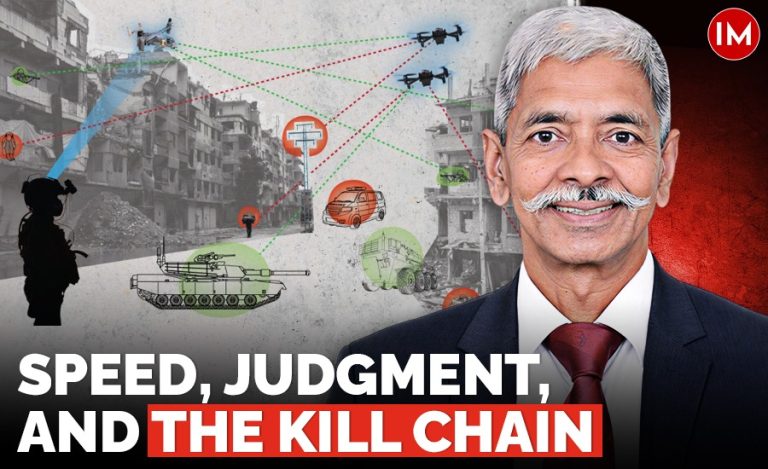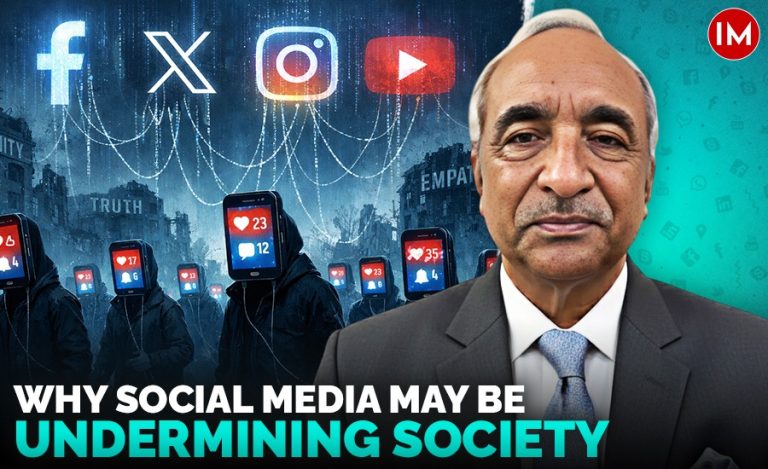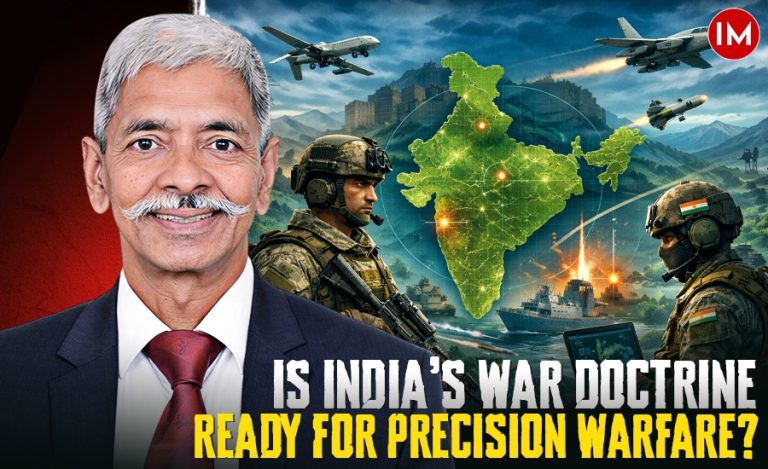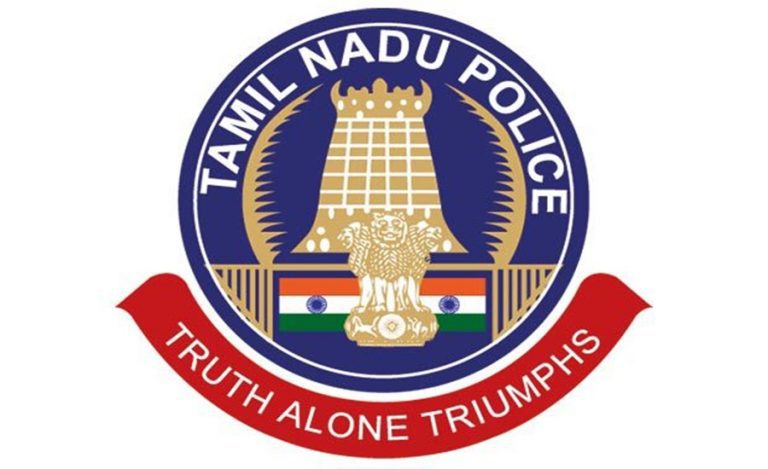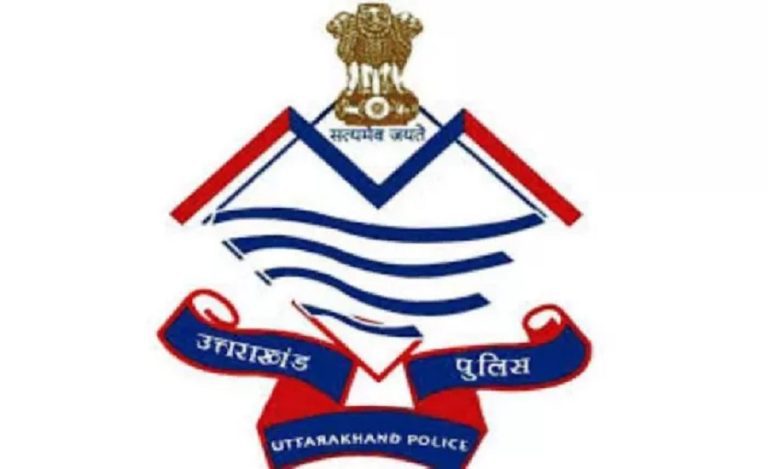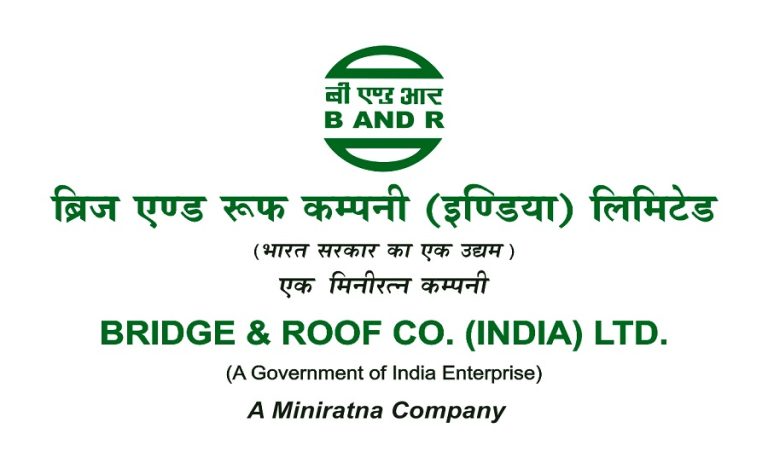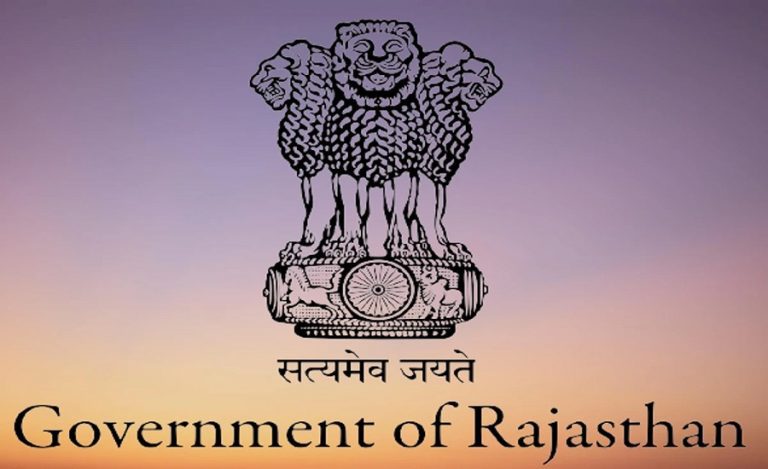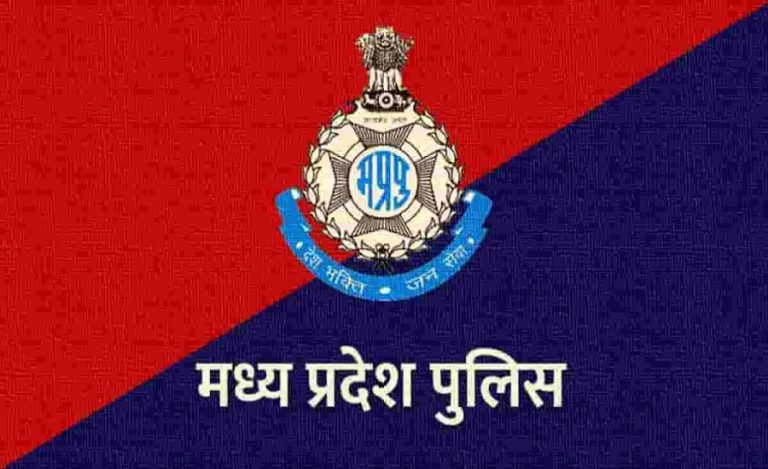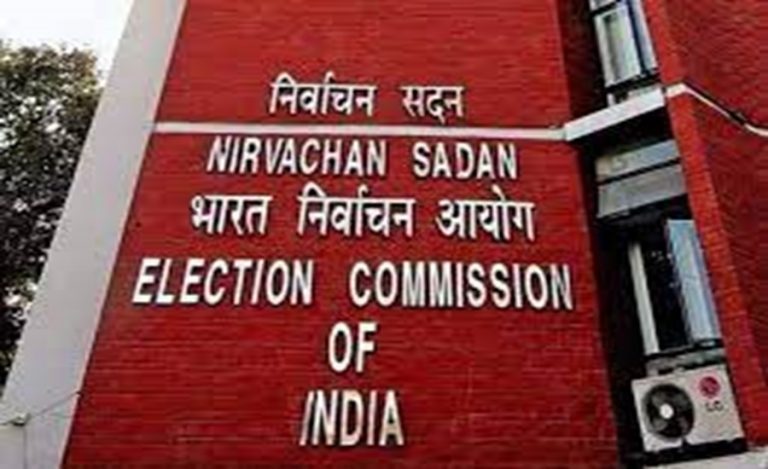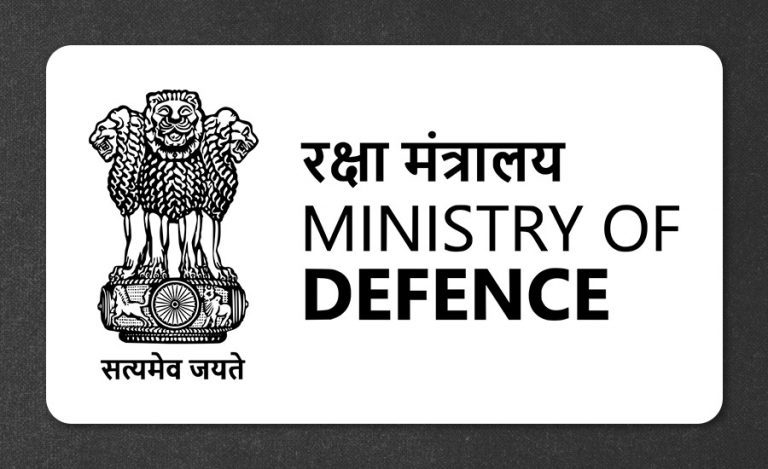“World Bank Scraps Doing Business Survey”: The Telegraph
“World Bank Discontinues Ease of Doing Business Reports”: Live Mint
Why was World Bank doing this in the first place? Who should determine whether business has actually become easy or not?
I had raised these and some other questions when the NITI Aayog/Department of Industrial Policy (DIPP) and Promotion were going head over heels to “satisfy” the World Bank officials about the improving business environment in the country. Consequent to the efforts, India climbed up the “ease-of-doing-business” ladder. Whether business actually became easy or not was a totally different matter. If private sector investment is the criteria to go by, business had actually not eased. Yet again, “road-showing” model of NITI/DIPP became an important component of “ease-of-doing-business”.
Very interestingly, during the initial years, World Bank looked at only Delhi and Mumbai for determining whether business had become easy (cities that were already saturated for investment) but we lapped it up so long as it suited us.
FICCI’S LETTER TO PM
In a letter to the Prime Minister, FICCI had written that “the model being followed by PMG (could be) replicated across the processes where approvals and clearances are granted under various departments”. No, this was not when the country was apparently climbing the ease of doing business ladder. This was in 2013 when everything that could go wrong was going wrong but the businesses were perceiving that the approach adopted by the Project Monitoring Group (PMG) to fast-track projects that had investment above Rs. 1000 crore could be adopted by all.
In fact, CII too wrote to the Prime Minister about their “appreciation for the good work being done by the PMG”. Why did they say that? They were under no pressure to say that because they and everyone else were aware that the government was crumbling. They said it because they perceived it as an evolving ease-of-doing business model. The results were here for everyone to see. In just 15 months, projects worth more than Rs. 5 lakh crores were cleared in a transparent manner. Ironically, Prime Minister Modi in one of his Independence Day speeches “claimed” that PMG was his government’s creation.
WEB BASED PLATFORM CREATED
What was PMG doing? Can it become the model for ushering in true ease-of-doing-business?
A web-based platform was created wherein any industry (public or private) proponent could create his own login and password and upload their cases pertaining to a specific ministry and/or state. Simultaneously, each ministry was asked to designate a Joint-Secretary level officer as the nodal officer. Once the project was accepted for consideration by the PMG, the project details and the issues relating to that ministry/department went automatically to the concerned nodal officers along with an automatic mailer. The nodal officer then had to provide comments on the portal itself. These comments were accessible to the concerned project proponent.
SUB GROUPS SET UP
Sub-groups were set up for each ‘recipient’ ministry (there were 12 of them till February 2014), and these sub-groups met periodically on fixed days and time (three of them met every week). The project proponents made brief presentations on the issues that were discussed in the presence of representatives of the ‘sponsoring’ ministry and the ‘recipient’ ministry. The primary objective was to obtain a timeline for a decision to be taken by the recipient ministry. The minutes of the meeting were recorded on the portal at the time of the meeting itself. The discussions were focussed, and the meetings were short as quality groundwork was done by the respective ministries in advance.
Learning from the experience in the implementation of Rashtriya Swasthya Bima Yojana (RSBY), the discussions were also held at the state headquarters and not merely in Delhi. This facilitated larger participation of the state bureaucracy, including the district collectors, and more in-depth and detailed deliberation on issues. This approach entailed a lot of travelling but it was well worth the effort as it facilitated marketing the concept behind the resolution of issues.
Industry associations like the Confederation of Indian Industries (CII) and the FICCI were leveraged to disseminate the message behind the setting up of PMG and the progress thereunder. Soon, the PMG had started showing results.
SYSTEMIC BOTTLENECKS
Analyses of the problems revealed systemic bottlenecks. These were then taken up with the concerned Ministries/Departments for resolution. Ministry of Environment and Forest was persuaded to digitize the entire process of clearances. Digital tracking enabled transparency and pinpointing of the place of delays. One Cabinet Minister lost her job because she was sitting on files worth Rs. 54,000 crore.
Many States replicated the model for projects that were below Rs. 1000 crore. The PMG was now helping them get their clearances from the Central Ministries. PMG emerged truly as a facilitating organization.
PMG WILL FAST TRACK PROJECTS
Is there a rationale for reviving the PMG in letter and spirit? Yes, not merely at the Centre but also at the state level. It will not only fast-track projects as it had done in the past, but it will provide a platform to the industry to resolve not only their individual problems but also point out towards systemic issues. The PMG will provide evidence relating to procedural complications and the impact they are having on clearances. They can then be corrected. This would be true ease-of-doing-business.
HAS BUSINESS ACTUALLY BECOME EASY?
Whether business has become easy or not cannot and should not be determined by agencies like the World Bank. The ‘consumer’ or ‘recipient’ of the services from the Government should determine whether business has become easy. Don’t ask them in a conference. No one will dare to speak the truth. However, if we continue to be pre-occupied with road-shows, we will have only anecdotal evidence of “Make-in-India” happening. It will never actually happen.
Until and unless we dare to face the truth, business will never become easy. However, to do that, there has to be acceptance of the fact that it is still not very easy to do business in India and then work at a strategy that is designed not to please a few but to please the investor. The “Make-in-India” lion will not need to roar. It will need to walk the rough terrain of Indian business.

